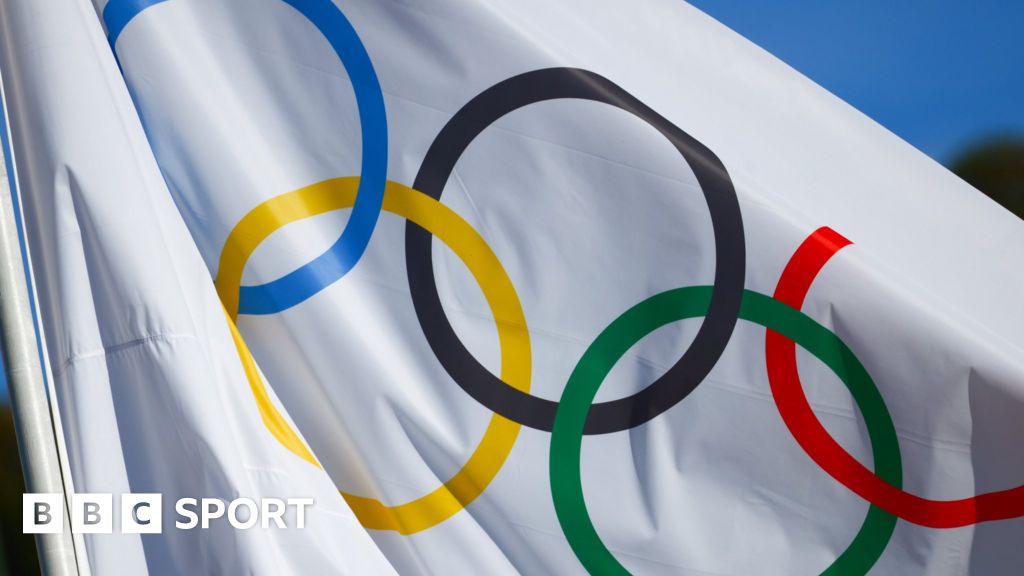[ad_1]
Hosting large sporting events brings scrutiny on human rights, which were under the microscope when Qatar hosted the 2022 World Cup.
Human Rights Watch has highlighted “nationwide repression” since Egyptian President Sisi came to power in 2014 following a coup which overthrew the Muslim Brotherhood’s Mohammed Morsi.
Whether that has an impact on an Egyptian bid remains to be seen – but controversy is never far away when the Olympics are concerned.
Muslim athletes from France are not expected to wear the hijab at the 2024 Games, adhering to the country’s ban on women wearing headscarves.
But the IOC has made it clear that its rules, with no restrictions on religious or cultural attire, will apply in the Olympic Village.
“For me, living in Qatar and also coming from South Africa, it’s quite frustrating to see how these bids are questioned – particularly in the western media,” Dr Swart-Arries said.
“In Paris, women are challenged by the current regulations. Every Olympics needs to question human rights.
“After Paris it is Los Angeles 2028. Why not look at the whole issue of gun violence in the United States as an example of where changes needed to be made?
“Any Games can be used to enhance and improve human rights or make significant positive contributions.”
[ad_2]

